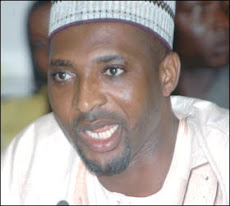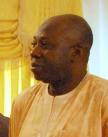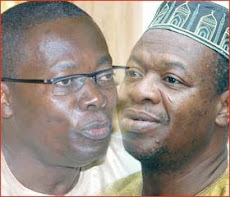Irrespective of this, CP was able to claim the 94 million euros without paying what was due the government in respect of its tax liabilities to the state. This came to light at the committee’s sitting Thursday at Parliament House. When asked why the amount was not deducted when CP’s claims came up for payment, Mr Enoch Cobbina, Chief Director of the Ministry of Finance and Economic Planning, said documents for both the claims by CP and its tax liabilities should have been prepared simultaneously to enable the tax to have been deducted while the claims were being paid. He said, however, that the CP’s claims were prepared separately and as a result the company’s tax liabilities were not captured by officials in charge of the Public Sector Financial Management Systems of the Ministries, Departments and Agencies. Mr Cobbina conceded that he learnt about CP’s tax liabilities to the state as far back as 2005 in a report prepared by Mr James Quarshie, an official of the Ministry of Finance in charge of special duties, who compiled a report on CP’s activities. He said since parliamentary approval was not obtained before the tax was waived for CP to walk away without paying the tax liabilities, the action amounted to a breach of the Constitution which stipulates that only Parliament has the mandate to waive taxes in respect of companies in the country. Mr Cobbina said the Ministry of Finance authorised the payment based on a letter from the Attorney General (AG) and Minister of Justice because its officials were certain that the Attorney General had done her homework with due diligence before sending a memo to the Ministry of Finance to pay and they had no reason to doubt the integrity of the AG. At this juncture the chairman of the committee asked whether they could make payment of that colossal amount based only on the memo from the Attorney General and Minister of Justice which was signed without a witness and without a proper title, to which the Chief Director replied that, that was outside the normal practice. When the members of the committee asked for the authorisation limit for officials in respect of cheques, Mr S. P. Kyei, Director of Budget at the Finance Ministry, said directors at the ministry had authorisation limit of GH¢50,000 and any amount above that had to be referred to the higher authority such as the chief director whose authorisation limit was GH¢I00,000. He said a Deputy Minister’s authorisation limit was GH¢300,000 and any amount above that had to be referred to the Minister of Finance and Economic Planning. Mr Kan-Dapaah and the committee members were surprised that basic controls such as insisting on the provision of supporting documents before payments were made as it was the practice in the payment systems, were breached. They wondered why the alacrity used to honour payments to companies like CP was missing when it came to retrieving monies due to government from such companies. Mr Kan-Dapaah called on public officials to put an end to such unpatriotic attitude and let the government’s interest become paramount in such matters. |
ACP Agordzor charged with treason over alleged coup plot
-
Assistant Commissioner of Police (ACP), Dr Benjamin Agordzor, has been
charged with abetment to commit treason for his alleged involvement in a
coup plot.A...
6 years ago














No comments:
Post a Comment